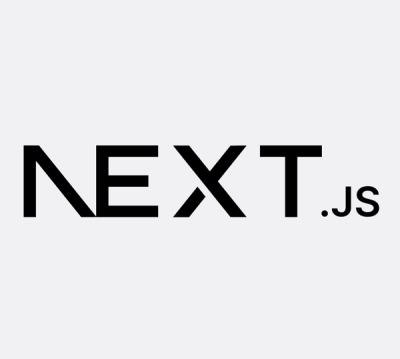
Security News
Meet the Socket Team at RSAC and BSidesSF 2025
Join Socket for exclusive networking events, rooftop gatherings, and one-on-one meetings during BSidesSF and RSA 2025 in San Francisco.
waterline
Advanced tools
Waterline is a brand new kind of storage and retrieval engine.
It provides a uniform API for accessing stuff from different kinds of databases, protocols, and 3rd party APIs. That means you write the same code to get users, whether they live in mySQL, LDAP, MongoDB, or Facebook.
At the same time, Waterline aims to learn lessons and maintain the best features from both Rails' ActiveRecord and Grails' Hibernate ORMs. Waterline also comes with built-in transaction support, as well as a configurable migration schemes.
NOTE: Waterline is currently in unreleased alpha-- that means it's not production ready! If you want to use waterline in a production app, awesome! Currentliy, the plan is for an open alpha release early next year (2013). Thanks!
(* not yet complete)
It's easy to add your own adapters for integrating with proprietary systems or existing open APIs. For most things, it's as easy as require('some-module') and mapping the appropriate methods to match waterline semantics.
FAQs
An ORM for Node.js and the Sails framework
The npm package waterline receives a total of 17,505 weekly downloads. As such, waterline popularity was classified as popular.
We found that waterline demonstrated a not healthy version release cadence and project activity because the last version was released a year ago. It has 5 open source maintainers collaborating on the project.
Did you know?

Socket for GitHub automatically highlights issues in each pull request and monitors the health of all your open source dependencies. Discover the contents of your packages and block harmful activity before you install or update your dependencies.

Security News
Join Socket for exclusive networking events, rooftop gatherings, and one-on-one meetings during BSidesSF and RSA 2025 in San Francisco.

Security News
Biome's v2.0 beta introduces custom plugins, domain-specific linting, and type-aware rules while laying groundwork for HTML support and embedded language features in 2025.

Security News
Next.js has patched a critical vulnerability (CVE-2025-29927) that allowed attackers to bypass middleware-based authorization checks in self-hosted apps.